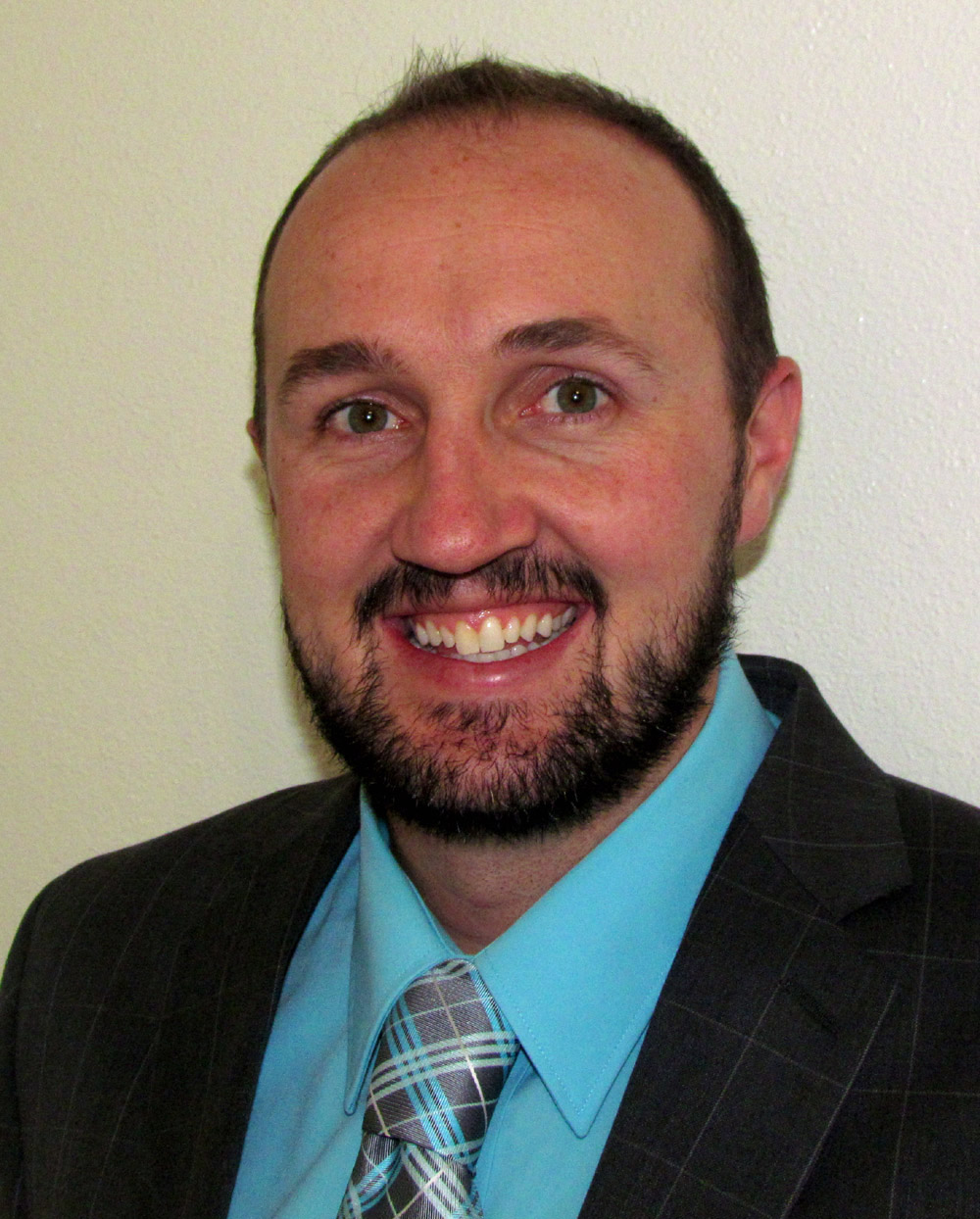
WEATHERFORD, Texas (BP) — A cursory glance at the state of cultural morality here in America can be somewhat disheartening.
The Defense of Marriage Act has been labeled unconstitutional. A health care reform act has been passed requiring all businesses, no matter the religious beliefs of the owners, to offer employees drugs that could cause abortions. Same-sex marriage is being legalized in states all over the nation.
If we can be honest for a few moments, we can realize that we now live in a post-Christian culture. The 1950s have come and gone and they aren’t coming back. For someone like me, the pastor of a Baptist church in the Bible Belt in Texas, I hear the alarmists sound the end of Christian influence and the demise of our country.
Culturally, it seems as though Christians have “lost” the battle. What was once considered taboo is now considered normal. There is no absolute truth. One’s gender is no longer determined by physiological make-up but by choice and feeling. God’s Word doesn’t seem to have much place in the public square. Now that we stand on the other side of a failed “moral majority,” there is one question everyone is asking: “What now?”
As is often the case, we can find direction for moving forward by studying the history of those who came before us. In many ways, the English Puritans of the late 16th century were undergoing the same sense of political failure that the Religious Right is experiencing now. They had tried for decades to influence the politics of Elizabeth I and reform the Church of England and the religious state of their country.
They, much like our efforts in the 1980s and 1990s, were galvanized for a time in believing they could influence Elizabeth and the national church, only to realize that their efforts were ultimately futile. It was their response to their political shortcomings that sheds light on how a religious minority can still influence the future of a nation.
By the 1590s, the Puritans realized that they weren’t going to influence the monarchy or the leadership of the Church of England to reform. They had lost the political battle and “retreated” from London to Cambridge.
While the political scene in Washington might make it uncomfortable for a Christian to express belief in the authority and inerrancy of the Bible, it was illegal for the Puritans to separate from the Church of England and even gather for worship.
If anyone could have held a defeatist attitude toward the state of their country, it would have been them. However, while they had to admit their failure to influence the government the way they had wanted, they didn’t give up or sound the alarm. They didn’t lament the future of their nation. They simply changed their strategy.
Rather than continually trying (and failing) to influence the monarchy to bring about reform in the Church of England, they focused on educating and influencing the next generation of leaders who were studying in Cambridge.
The Puritans embraced their minority status and changed their aim. They realized that a top-down approach wasn’t working, so they switched to bottom-up. No longer focusing solely on those in power, they went about teaching biblical truth to the next generation of leaders. While presenting the power of the Gospel to university students, many were saved and developed a biblical worldview.
Many Puritans eventually separated from the Church of England and started churches that influenced theologians like John Smyth, who in turn pastored Thomas Helwys, who began the first Baptist church on English soil.
Additionally, Helwys wrote a ground-breaking work on religious liberty, “A Short Declaration on the Mystery of Iniquity,” which had lasting influence on generations of believers. He influenced greatly those who eventually helped get the Act of Toleration passed, which made it legal to worship any way you wanted in England.
It can be argued that God worked mightily among these Puritans when they stopped trying to change the government and started simply sharing biblical truth with the masses.
Like the Puritans, who is in political power shouldn’t be our greatest concern. Our greatest concern should be the sharing and spreading of God’s truth. If we do that, I believe that God can work through our prophetic minority in the same way He worked through the Puritans.
As believers, we need to continue to fight to ensure that our nation embraces religious liberty. With the freedom to share God’s Word, we should trust in its power to change.
–30–
Zach Crook is pastor of Friendship Baptist Church in Weatherford, Texas, and a student at Southwestern Baptist Theological Seminary. Get Baptist Press headlines and breaking news on Twitter (@BaptistPress), Facebook (Facebook.com/BaptistPress) and in your email (baptistpress.com/SubscribeBP.asp).















